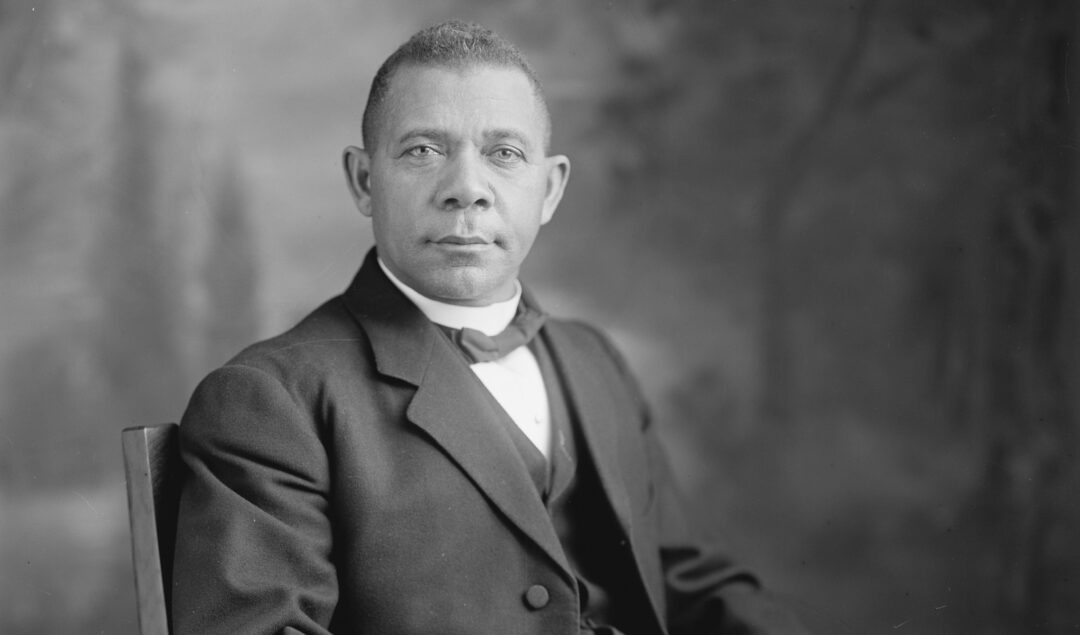Target has pulled a Black History Month magnetic learning activity book that misidentified civil rights leaders from its shelves. A Black history teacher pointed out the errors in a now-viral TikTok. Las Vegas teacher Tierra Espy went to TikTok to announce she bought the Civil Rights Magnetic Learning Activity Kit for her children during Black History Month. The magnetic activity book featured 26 magnets and informational cards featuring illustrations of Black leaders and slogans from the civil rights movement. However, Espy pointed out on TikTok that the book mixes up
Posts in Tag
Target
POCIT is the world’s leading platform for people of color in tech to share, grow, and get hired.
© POCIT 2021. All rights reserved




